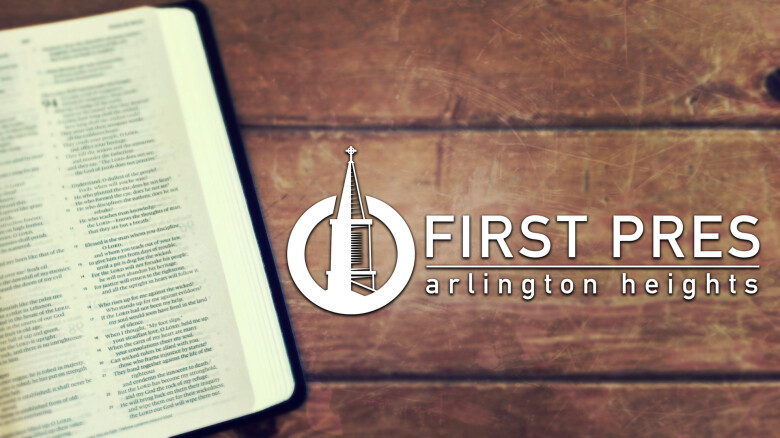“Therefore I tell you, do not worry about your life, what you will eat or what you will drink, or about your body, what you will wear. Is not life more than food, and the body more than clothing? Look at the birds of the air; they neither sow nor reap nor gather into barns, and yet your heavenly Father feeds them. Are you not of more value than they? And can any of you by worrying add a single hour to your span of life? So do not worry about tomorrow, for tomorrow will bring worries of its own. Today’s trouble is enough for today.”
– Matthew 6:25-27, 34 (NRSV)
I’m the type of person who likes to be in control. I mentioned in my last devotional that I grew up around alcoholism. This created a very chaotic environment in my home. I didn’t know what to expect from one minute to the next. Like many people in my situation, the way I compensated for this tumultuousness was by creating a very structured life for myself. To give you a sense of just how important this structure was to my survival when I was younger, let me take you back to the summer of 1998, just before my freshman year at Rice University.
Unlike many colleges and universities where the housing office chooses your roommates, at Rice your fellow students are given that privilege. In order to get to know you, they send out an essay questionnaire. One of the questions was: Tell us, how are you spending your summer? Many students wrote very eloquent and interesting answers about how they were doing their best to cherish their last moments with family and friends. How did I respond to that question? I literally wrote down my schedule, hour by hour. Thankfully, they thought it was a joke. Sadly, for me it wasn’t a joke.
Over time, my need for structure, which served me well for so long, eventually became a disadvantage. My inflexibility caused strain and tension in my relationships. Any little deviation from my schedule would throw me off and cause me great distress. I came to realize that my need for structure had become a compulsion. Underlying this compulsion was my need for control.
It was around this time that I started studying the scriptures in detail and I came across this scripture about worry from Matthew. What Jesus makes clear to us in this scripture is that control is really a means to alleviate worry. Indeed, Jesus is helping us to understand that control is nothing more than an illusion. This was a hard insight for me to grasp. In essence, Jesus is teaching a paradoxical way of thinking: if you let go of your need for control, then you will have no need to worry.
My entire life, I had tried to alleviate my worries by being in control and now Jesus was telling me to do the exact opposite. This was good advice. The more I gave myself over to the idea that much of my life was uncontrollable, the less I worried. In my opinion, this advice from Jesus has never been more pertinent. COVID-19 has exposed just how out of control we are. Yes, we can and should abide by the various precautions advised by the CDC, but the hard truth is that these precautions are not a guarantee we will be free from infection.
That said, I’m trying not to worry. Why? It’s not because COVID-19 is not worth worrying about. It surely is. It’s because COVID-19 is out of my control. And as Jesus says, “Can any of you by worrying add a single hour to your span of life?” The answer is no. I really truly believe that Jesus’ advice about worry is the best advice for all of us right now.
Our best bet is to trust God and pray. We need to pray for the victims of this disease, for the medical workers who care for them, for all the essential workers who are putting themselves in harm’s way so that we can survive while we sit at home. That’s best we can do and, right now, it has to be enough.
Pastor Alex



